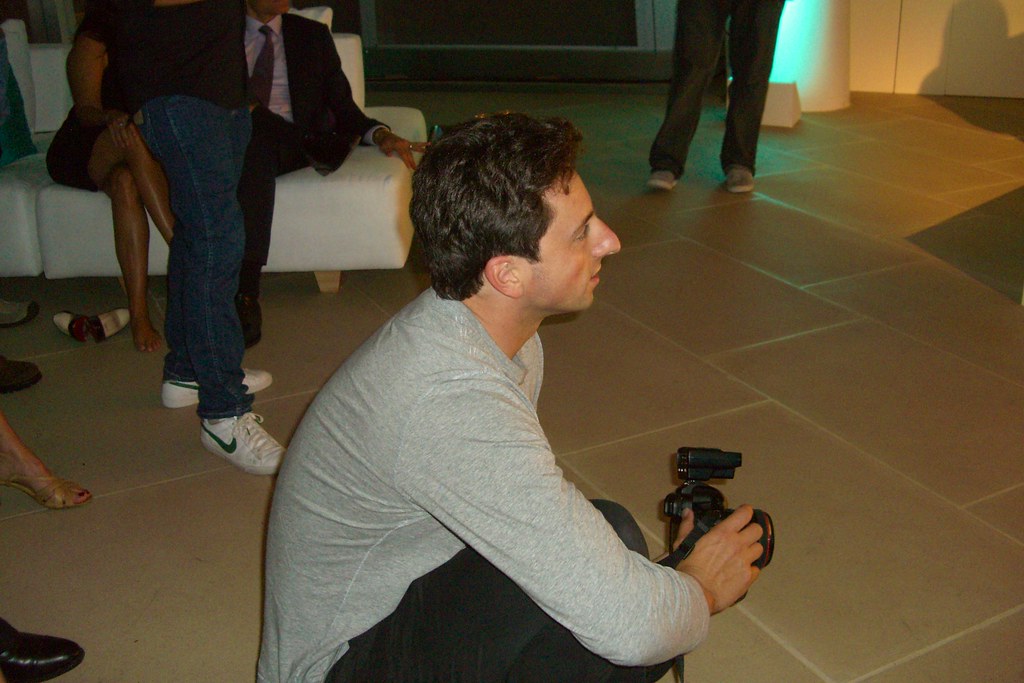Datenbankprojekt Materialien zur Analyse von Opposition (MAO)
▻http://www.mao-projekt.de
C’et une collection de textes pour les amateurs de la révolte ;-)
C’est loin d’être complet, pourtant le site présente une collection qui permet de découvrir des sujets ignorés. Il y a une classification régionale qui permet d’éviter la concentration exclusive sur les métropoles.
Die folgenden Texte beruhen auf der von Dietmar Kesten und Jürgen Schröder (unter Mitarbeit von Dieter Osterloh) erstellten EDV-Datenbank „Materialien zur Analyse von Opposition“ (MAO). Diese enthält vor allem Texte so genannter maoistischer Gruppen sowie anderer radikaler linker Organisationen in der Bundesrepublik Deutschland und in West-Berlin wie auch Informationen über diese. Die in den Beiträgen geschilderten Ereignisse werden also in der Regel aus der Sicht dieser Gruppen wiedergegeben. Der zeitliche Schwerpunkt ergibt sich aus der Hochkonjunktur der „maoistischen” oder „marxistisch-leninistischen Bewegung”: Anfang bis Mitte der 70er Jahre. Recherchen zu hier noch nicht behandelten Themen können über die Autoren angefordert werden. Ebenso die veröffentlichten Scans, die meist in einer weit höheren Auflösung existieren.
Les sujets
Antifaschismus
Antimilitarismus, Friedensbewegung und Militär
Betrieb und Gewerkschaft
Frauen und Frauenbewegung
Gruppen, Organisationen, Periodika, Verlage
Internationalismus / Internationale Solidarität
Jugend allgemein, Arbeiterjugend, Gewerkschaftsjugend
Kirche, Religion, Atheismus
Kunst und Kultur
Personen
Repression
Schulen, Hochschulen, Wissenschaftskritik
Soziale Kämpfe
Umweltschutz und Atomkraftwerke
Verschiedenes
Hausbesetzungen in West-Berlin : Die „Berliner Linie“
▻http://www.mao-projekt.de/BRD/BER/MIE/Berlin_Hausbesetzungen_Berliner_Linie.shtml
Teil 1a: „‘Berliner Linie’ gegen Instandbesetzer: Die ‘Vernunft’ schlägt immer wieder zu! Dokumentation der Ereignisse vom 3.2.1979 bis zum 11.8.1981, 2. Auflage, ergänzt bis zum 28.8.1981“
Teil 1b: „Dokumentation zu den Hausbesetzerprozessen, hrsg. von einer Doku-Gruppe vom Mehringhof“
Teil 1c: „Dokumentation. Dezember. Berlin 1980, hrsg. vom Ermittlungsausschuss Mehringhof“
Teil 2: „Was wird in den besetzen Häusern gemacht. Eine Dokumentation am Beispiel von 13 besetzen Häusern“
Teil 3: „Dokumentation. Gegendarstellung zur Boulevard-Presse. Verhinderung der Instandbesetzung in Berlin und ihre Folgen“
Teil 4: „Frauenbewegung und Häuserkampf - unversöhnlich?“
Teil 5: „Dokumentation zur KIEZ-Demo: Reichenbergerstraße 63 A - Besetzung“
Teil 6: „Abgeräumt? 8 Häuser geräumt … Klaus Jürgen Rattay tot. Eine Dokumentation“
Teil 7: „Mainzer Straße 12-28. November (1990). Ausgewählte Dokumente“, „Dokumentation. Presse Flugblätter. Presseerklärungen. Auslandspresse. Soli-Aktionen. 12-14. November 1990 zur Mainzer Strasse“








